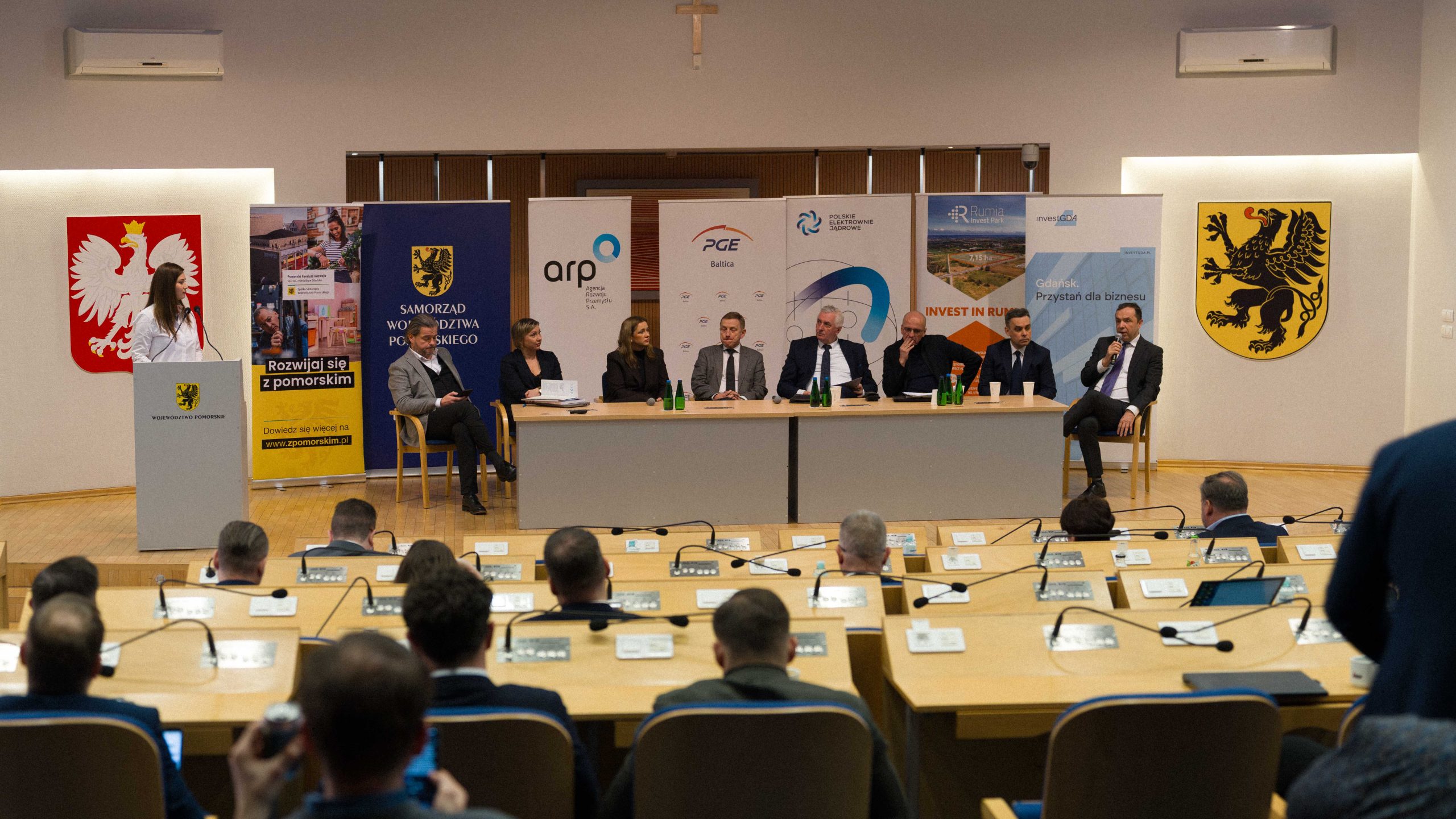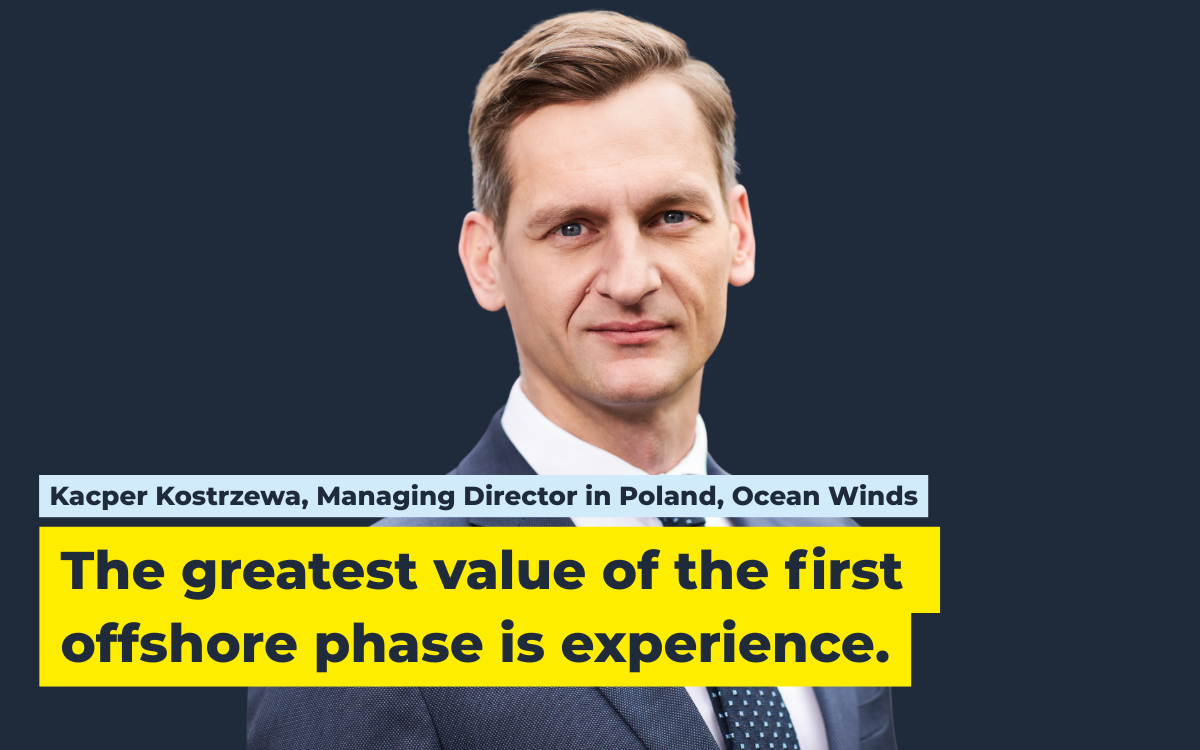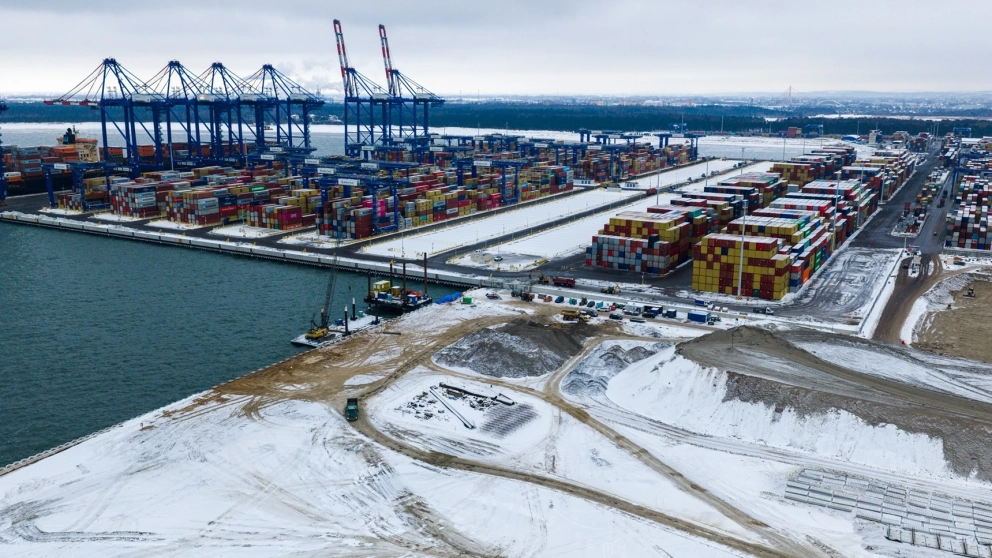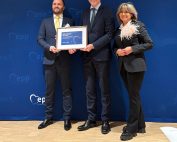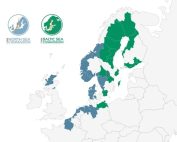Offshore Wind Energy Centre was established at the Maritime University of Gdynia. Breakthrough management studies for offshore wind sector staff will be launched in Poland in March. The Polish university is carrying them out in cooperation with Hochschule Bremerhaven and Business Academy SouthWest – leaders of management and specialist programmes for the Offshore Wind Energy sector. Prof. Dr. Wolfgang Lukas from the Bremerhaven University of Applied Sciences answers our questions about studies and education in offshore wind energy.
The first edition of the Executive MBA in Poland for the offshore wind energy sector starts on 25 March 2022. The program is designed for candidates with experience in offshore industry and offshore energy sector companies as well as those with experience in other industries. The studies are aimed at developing leaders among offshore wind energy personnel. Details about the studies are HERE.
“Together with the Business Academy SouthWest (BASW) in Esbjerg, Denmark, we have developed the Offshore Wind Energy MBA as a joint degree program since 2016. We achieved accreditation in 2021 and have offered the first modules in the North Sea Region since 2018. From this program, which consists of 9 modules + Master Thesis, we contribute 4 modules to the Executive Offshore Wind Energy MBA offered by the Offshore Wind Energy Centre of Gdynia Maritime University, which is a partner university of the University of Applied Sciences Bremerhaven since 1978”, explains Prof. Lukas.
“We contribute, as already mentioned, 4 modules from our Offshore Wind Energy MBA. We share experience and exchange information and thus create synergies. We mutually promote the respective program in the regional markets, which is the North Sea Region for our program and the Baltic Sea for the GMU program. In addition, representatives from UASB and BASW have the honor of serving on the Supervisory Board of Executive Offshore Wind Energy MBA of GMU. As we just started those joint activities I see a large potential of further cooperation”, he says.
German companies and institutions are among the leaders of the offshore wind sector. What are the key considerations and success factors in developing OWE management professionals? Prof. Lukas explains that first of all, it is worth taking a look at the historical development of the offshore wind energy industry.
“It was, and is, characterized by the extraordinary technical challenges that arise with these systems on the high seas. In addition, of course, there is also the grid connection as well as technology and services along the entire value chain, both in the installation of wind farms and in operation and maintenance. Offshore wind has now reached large-scale industrial dimensions, not only in terms of the size of the turbines, but also of the wind farms as a whole. Due to massive increases in efficiency, the energy costs for climate-friendly electricity have become very competitive. In this respect, business administration and management skills are increasingly coming to the fore in addition to the extraordinary technical skills that are still necessary. The offshore wind energy MBA is aimed at such management skills”.
He adds that Denmark, the UK and Germany were certainly leaders in the development of offshore wind. In the meantime, a massive globalization process has taken place in the offshore wind industry. Many countries, including Poland, are starting to produce energy using offshore wind.
“If you look at the entire value chain, there is a high proportion of imported goods, for example, turbines, or a very high proportion of local content in the example of network expansion. This ratio of imported and local services varies greatly for the various technologies along the value chain. Accordingly, both international companies and local companies are involved. While international companies tend to use their own staff, so-called expatriates, for special tasks and also for pioneering tasks, at least in the initial phase, they are also dependent on qualified local staff in order to be able to implement the cooperation between international and local companies. That is typical for offshore wind”.
Here again, there is a need for technical skills on the one hand and management skills on the other. Also, for successful cooperation it is necessary to know and to be able to fulfill the competence requirements of the cooperation partner – Prof. Wolfgang Lukas adds.





